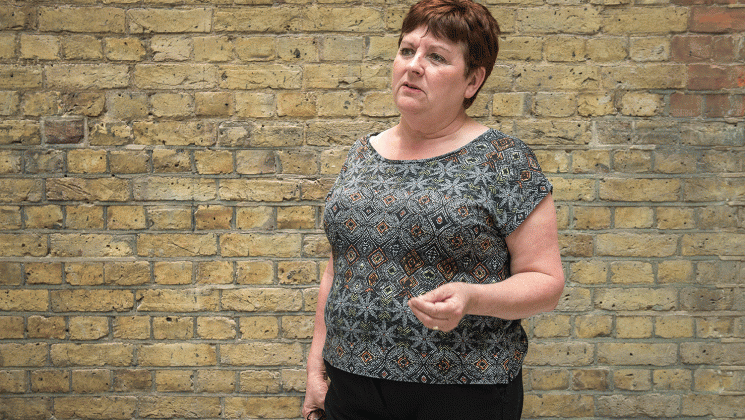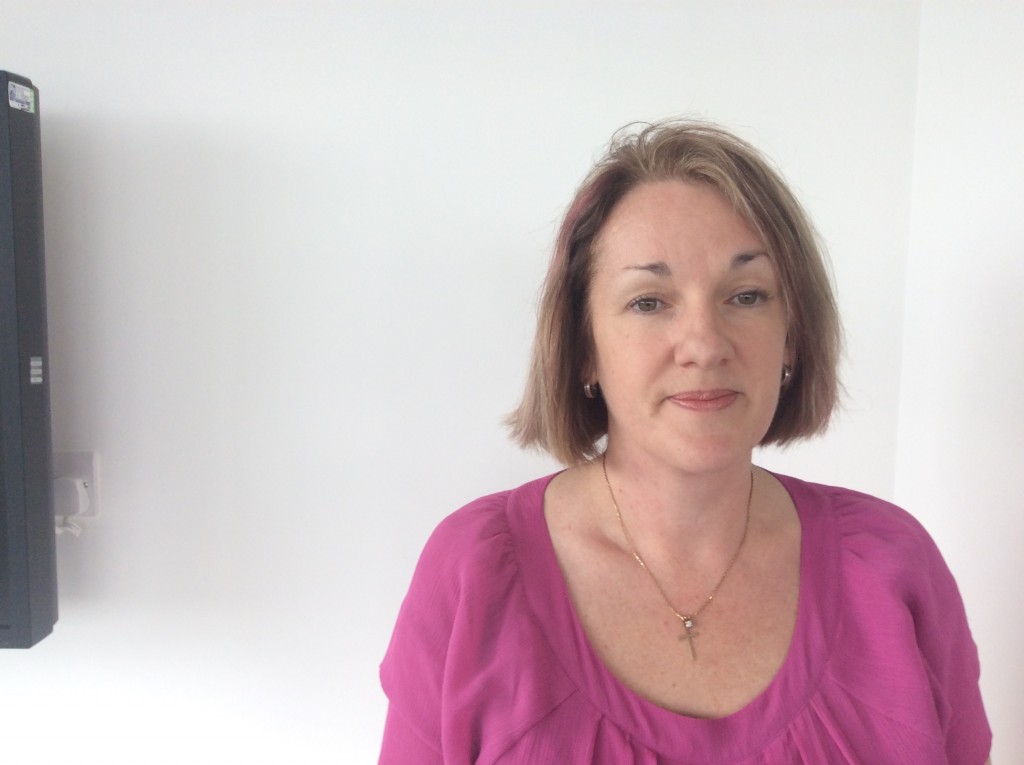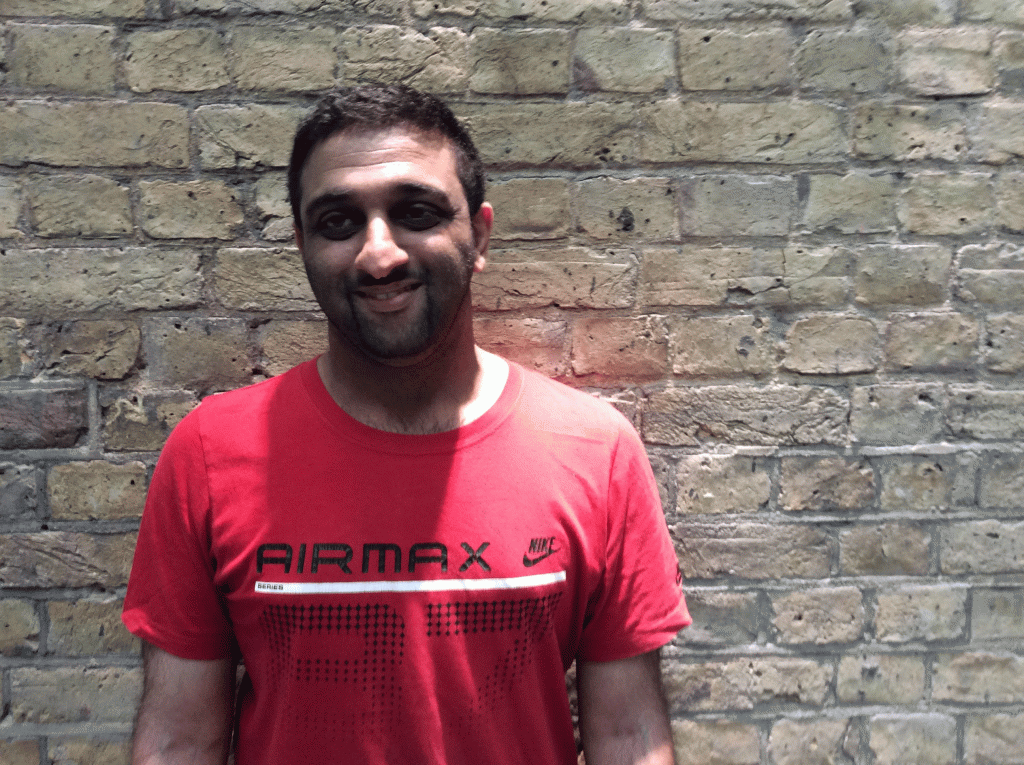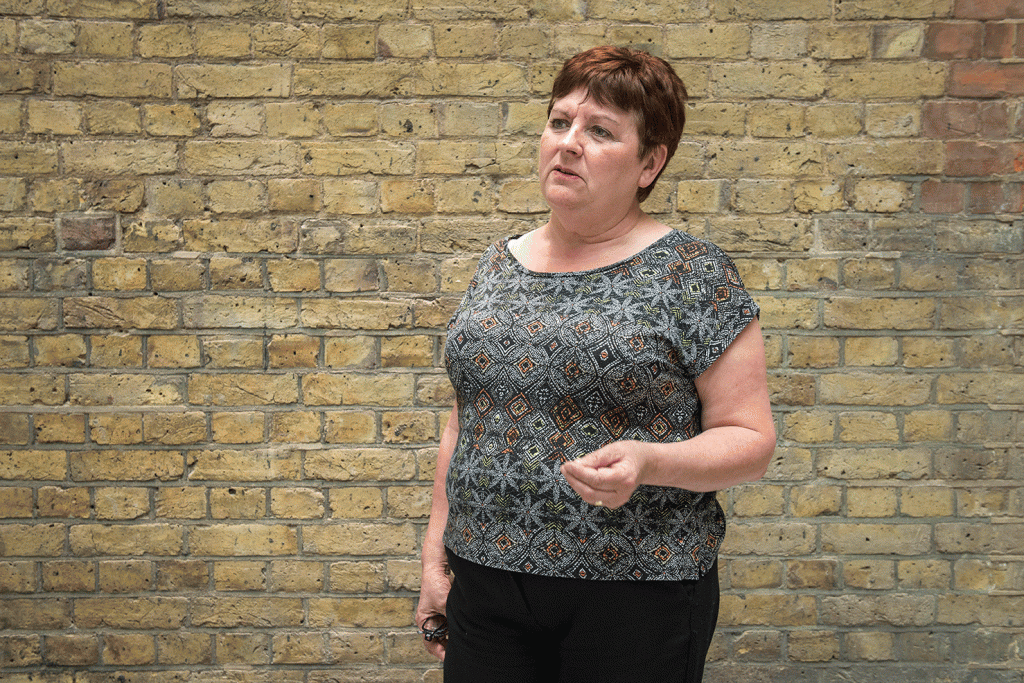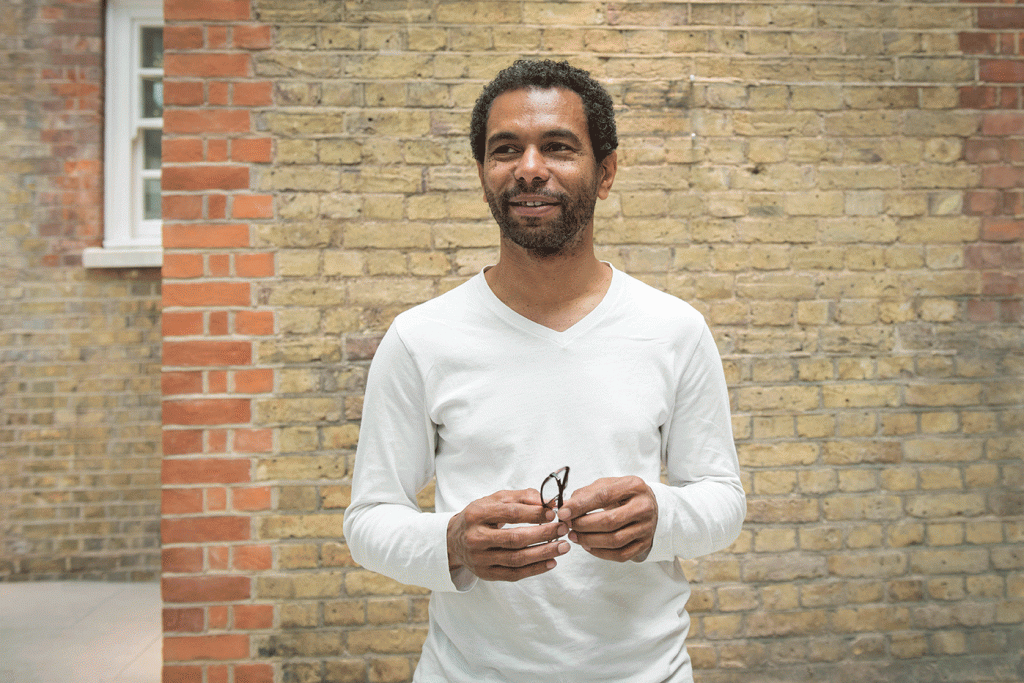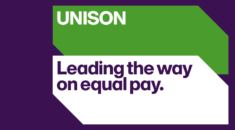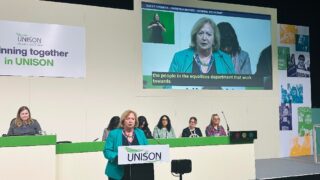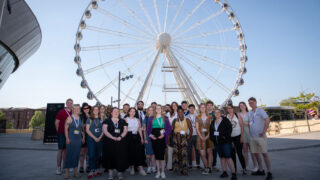There are over 40,000 UNISON activists working hard to look after their colleagues at work. But they don’t get paid, can risk the wrath of their managers and sometimes even their own workmates.
Here they tell us why they got involved, in their own words.
The accidental activist
“I became active by accident. There was a pay dispute and I was asked by the union just to gather the views of my colleagues and to update them. I had no intention of being an activist.“I went to a union meeting to get an update and decided: I could do a better job than some of the people here! I’ve no regrets at all. I’ve met amazing people and I’ve been to places I never would have been to.”
Debi Potter, police control room operator
The helper
“My first time at a UNISON meeting was a little bit confusing. I had to bring a personal assistant as well. As a disabled person with learning difficulties, I have to try to work with it – to try to adapt each thing we discuss: to ask: how will I understand what this means. It’s very difficult. Hopefully it will get better.“I’m a greater London branch member of UNISON. I attend meetings to do with members or LGBT members or disabled members.
“Why am I doing it? I want to help other disabled people and other LGBT people as well.
“It’s mostly about employers accepting who you are. Hopefully UNISON will help.”
Jaspaul Vilkhu, charity worker from Hounslow
The confidence builder
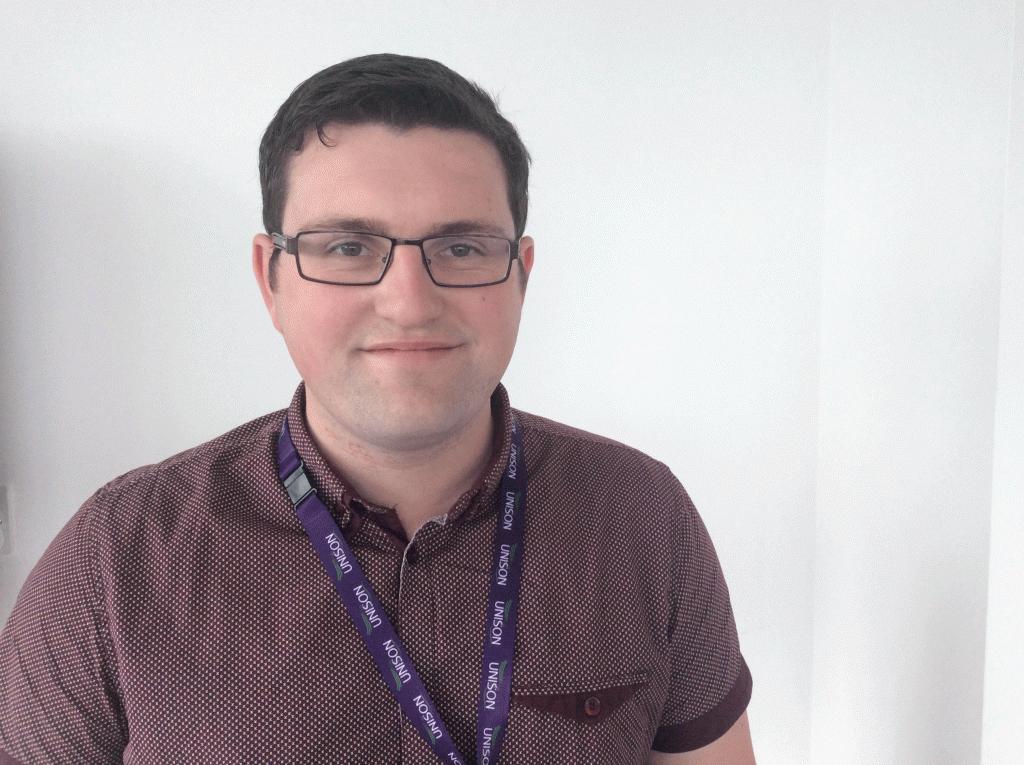
“I’ve done it and encouraged others to get active too. It’s made me more confident. I’m helping people to write speeches now. It’s a nice feeling.
“Unions can be aging though so we need to bring fresh ideas in.
The pay campaigners
“There were equal pay issues in the Royal Victoria Hospital in Belfast where I worked. That encouraged me to become active.“I do a lot of work around women’s issues – especially with zero hours contracts. We got rid of them within our trust – we kept them out.”
Margaret McKee, from Belfast’s Royal Victoria Hospital
“I’d always been a union member and believed in unions. I never got a chance to be involved in the workplace I was in before.“There was a lot of activity in the Greater London Council (GLC) because they were closing it down and I wanted to get involved in the campaign and influence it.
“My proudest moments? Three campaigns that raised mainly women out of poverty pay – nursery nurses, teaching assistants and dinner ladies, all in Camden.”
Hugo Pierre, works in special educational needs in Camden in London
Thinking about getting more active in your workplace?
Find out more at our get active page

